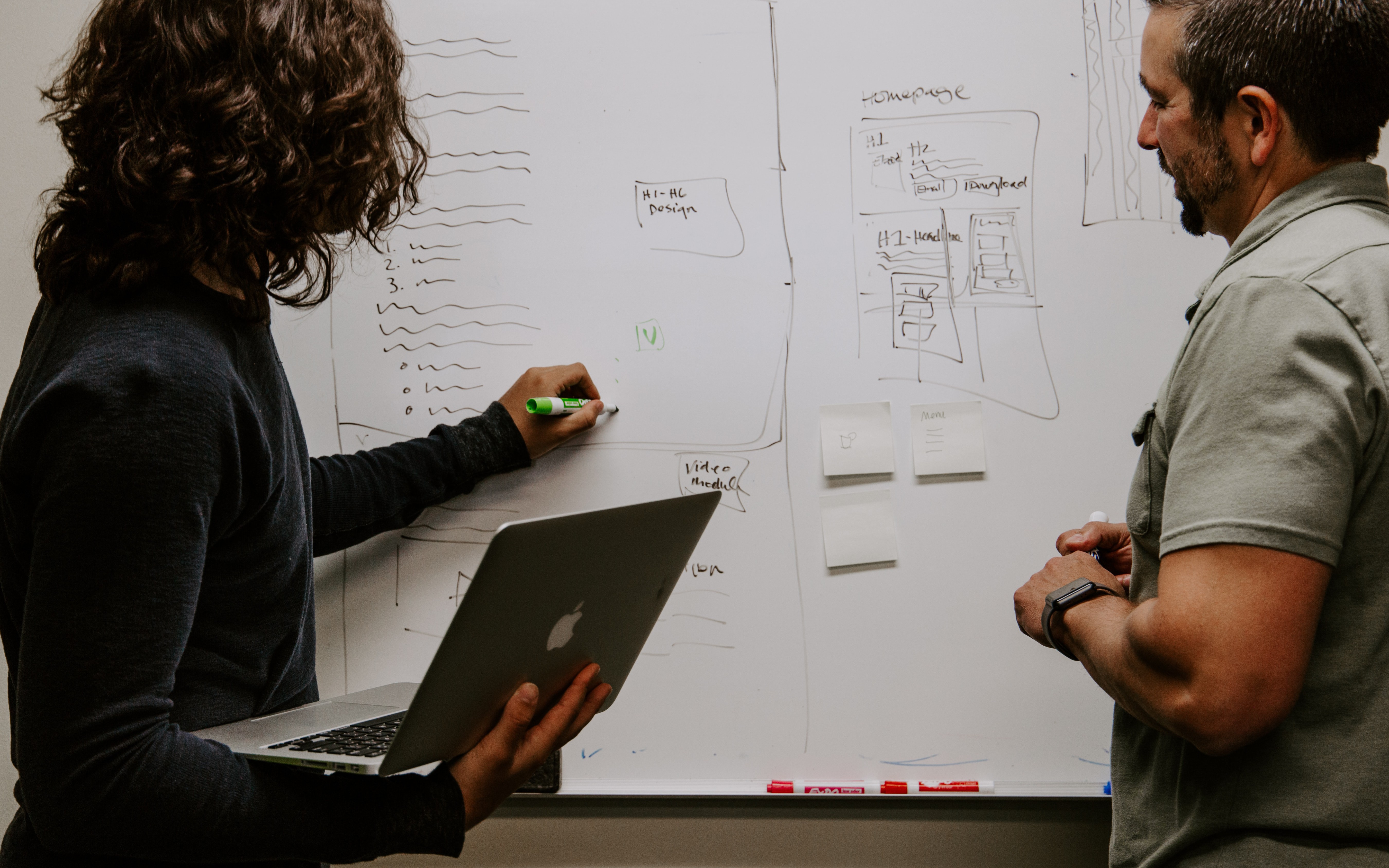In today’s fast-paced world of big data, data engineering has become a critical discipline for organizations to process and analyze large volumes of data efficiently. One innovative approach that has gained traction is the Kappa Architecture, a unique data engineering framework that challenges traditional data processing paradigms. In this article, we will explore the Kappa Architecture and its key features that make it a cutting-edge approach to data engineering.
The Kappa Architecture, introduced by Jay Kreps, co-founder of Confluent, is designed to handle real-time data processing in a scalable and efficient manner. Unlike the traditional Lambda Architecture, which separates data processing into batch and stream processing, the Kappa Architecture promotes a single pipeline for both batch and stream processing, eliminating the need for maintaining separate processing pipelines.
At the heart of the Kappa Architecture is Apache Kafka, a distributed event streaming platform that provides a high-throughput, fault-tolerant, and scalable solution for processing data streams. Kafka acts as a distributed message log, capable of processing millions of events per second, making it a powerful choice for handling large volumes of data in real time. Kafka enables data producers to write data to topics and data consumers to read data from topics, allowing for seamless data ingestion and processing.
One of the unique features of the Kappa Architecture is its ability to handle data in real time. With Kafka’s event-driven architecture, data is processed as it arrives, enabling organizations to gain insights and take action in real-time. This real-time processing capability is crucial for applications such as fraud detection, anomaly detection, and real-time analytics, where timely data processing is essential for making informed decisions.
Scalability is another significant advantage of Kappa Architecture. Kafka allows for horizontal scalability, allowing organizations to add more Kafka brokers to the cluster as data volume increases, ensuring high availability and fault tolerance. Kafka also supports data partitioning, enabling data engineers to partition data across multiple Kafka topics or partitions, allowing for parallel processing of data streams, which can greatly enhance the overall performance and scalability of the data processing pipeline.
The Kappa Architecture also emphasizes simplicity in data engineering pipelines. By using a single pipeline for both batch and stream processing, organizations can reduce the operational complexity of managing separate processing pipelines. This simplification can lead to cost savings in terms of infrastructure, maintenance, and operational overheads.
Flexibility in data processing is another key feature of the Kappa Architecture. As data is stored as an immutable log in Kafka, data engineers can process and transform data at any point in the pipeline, allowing for easy data enrichment, filtering, and transformation. This flexibility in data processing enables organizations to adapt to changing business requirements and iterate on data processing logic without disrupting the entire data processing pipeline.
Data reliability and consistency are critical aspects of data engineering, and the Kappa Architecture addresses these concerns effectively. Kafka provides built-in fault tolerance and data replication capabilities, ensuring data durability and recovery in case of failures. Additionally, Kafka provides strong consistency guarantees, ensuring that data is processed in the order it is received, making it suitable for applications that require strict ordering of events, such as financial transactions or time-series data analysis.
The Benefits and Challenges of Implementing the Kappa Architecture for Data Engineering
The Kappa Architecture has gained popularity for its ability to handle real-time data processing. However, like any technology, Kappa Architecture comes with its own set of benefits and challenges. In this article, we will explore the advantages and obstacles of implementing the Kappa Architecture for data engineering.
Benefits of the Kappa Architecture
- Real-time Data Processing: One of the significant benefits of the Kappa Architecture is its ability to process data in real time. With Apache Kafka as the core technology, the Kappa Architecture allows for the ingestion and processing of data streams as they arrive, enabling organizations to gain insights and take action in real time. This real-time data processing capability is crucial for use cases such as fraud detection, anomaly detection, and real-time analytics, where the timely processing of data is critical for making informed decisions.
- Scalability: The Kappa Architecture is designed to be highly scalable, making it suitable for handling large volumes of data. Apache Kafka, as a distributed event streaming platform, allows for horizontal scalability, allowing organizations to add more Kafka brokers to the cluster as data volume increases, ensuring high availability and fault tolerance. Additionally, Kafka supports data partitioning, allowing for parallel processing of data streams and enhancing the overall performance and scalability of the data processing pipeline.
- Simplified Data Processing Pipeline: Unlike the traditional Lambda Architecture, which requires maintaining separate batch and stream processing pipelines, the Kappa Architecture promotes a single pipeline for both batch and stream processing. This simplification reduces operational complexity, as there is no need to manage and maintain multiple processing pipelines. It can lead to cost savings in terms of infrastructure, maintenance, and operational overheads.
- Flexibility in Data Processing: The Kappa Architecture provides flexibility in data processing, as data is stored as an immutable log in Kafka. Data engineers can process and transform data at any point in the pipeline, allowing for easy data enrichment, filtering, and transformation. This flexibility enables organizations to adapt to changing business requirements and iterate on data processing logic without disrupting the entire data processing pipeline.
- Data Reliability and Consistency: Kafka provides built-in fault tolerance and data replication capabilities, ensuring data durability and recovery in case of failures. Additionally, Kafka provides strong consistency guarantees, ensuring that data is processed in the order it is received, making it suitable for applications that require strict ordering of events, such as financial transactions or time-series data analysis. This ensures data reliability and consistency in the data processing pipeline.
Challenges of the Kappa Architecture
- Learning Curve: Implementing the Kappa Architecture requires learning new concepts and technologies, such as Apache Kafka and event-driven architectures. Data engineers and other stakeholders may need to acquire new skills and expertise, which can pose a challenge in terms of training, onboarding, and knowledge transfer.
- Data Duplication: In the Kappa Architecture, data is stored as an immutable log in Kafka, which can result in data duplication. As data streams are processed in real-time, multiple processing steps may consume and produce data to Kafka, leading to data redundancy. Organizations need to carefully manage data duplication and ensure that it does not impact data integrity or storage costs.
- Data Processing Logic: With the Kappa Architecture’s flexibility in data processing, organizations need to carefully manage data processing logic. As data can be processed and transformed at any point in the pipeline, it can become complex to maintain and manage the logic, especially in large-scale data processing pipelines. Proper documentation, versioning, and testing practices need to be in place to ensure the correctness and reliability of data processing logic.
- Operational Complexity: While the Kappa Architecture simplifies the data processing pipeline by eliminating the need for separate batch and stream processing pipelines, it can still introduce operational complexity. Organizations need to carefully manage the deployment, monitoring, and maintenance of Kafka clusters, as well as the various data processing components that are part of the pipeline. This may require additional operational efforts and resources to ensure smooth and efficient data processing.
- Data Governance: As data streams are processed in real-time in the Kappa Architecture, organizations need to ensure proper data governance practices are in place. This includes data validation, data quality checks, data lineage, and data security measures. Managing data governance in real-time data processing pipelines can be challenging, and organizations need to implement robust mechanisms to ensure data integrity and compliance with regulatory requirements.
- Data Retention and Storage: In the Kappa Architecture, data is stored as an immutable log in Kafka, which may result in increased storage costs. Organizations need to carefully manage data retention policies, as storing all data indefinitely may not be feasible or cost-effective. Proper data archiving and data lifecycle management strategies need to be in place to manage data storage costs and ensure efficient data retrieval when needed.
The Kappa Architecture offers several benefits for data engineering, including real-time data processing, scalability, simplified data processing pipeline, flexibility in data processing, and data reliability and consistency. However, it also comes with challenges, such as a learning curve, data duplication, data processing logic management, operational complexity, data governance, and data retention and storage. Organizations need to carefully consider these benefits and challenges while implementing the Kappa Architecture for their data engineering pipelines and put in place proper strategies, best practices, and operational procedures to ensure successful and efficient data processing in real-time environments. With careful planning, implementation, and monitoring, the Kappa Architecture can be a powerful tool for organizations to process and analyze data in real time and gain valuable insights for making informed decisions.
Conclusion
Kappa Architecture is a cutting-edge approach to data engineering that offers several unique features and advantages. Its real-time data processing capabilities, scalability, simplicity, flexibility, and data reliability make it a compelling choice for modern data engineering workflows. By leveraging Apache Kafka as a distributed event streaming platform, the Kappa Architecture enables organizations to build scalable, fault-tolerant, and real-time data processing pipelines that can deliver insights and value from big data.
Source link








Leave a Reply